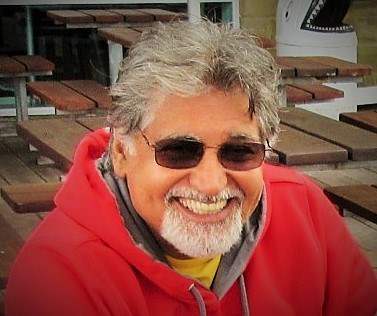 We live in an age in which new ideas are born each day in every field of learning. I find quite interesting the many alternative ideas and theories suggesting new ways of solving our economic problems. As a member of the Baha’i Faith, I like to examine these theories from a��religious��point of view.��
We live in an age in which new ideas are born each day in every field of learning. I find quite interesting the many alternative ideas and theories suggesting new ways of solving our economic problems. As a member of the Baha’i Faith, I like to examine these theories from a��religious��point of view.��
Of all the new concepts out there, I am especially attracted to two: Gross National Happiness and barefoot economics.
Gross National Happiness
As you probably know, the Gross Domestic Product (GDP)—the total production of a given country—is the yardstick typically used to measure the economic progress or growth of a nation. A higher GDP means more production and more growth in a given country. However, the GDP’s effectiveness has been challenged by other concepts such as Gross National Happiness (GNH).��
A system introduced by the king of Bhutan in 1972, GNH is calculated by an index that measures the collective happiness and well-being of a population. GNH is the goal of the government of Bhutan, as stated in its constitution, enacted on 18 July 2008. The Bhutan GNH Index was first published in 2012.
GNH values collective happiness as the goal of governance, by emphasizing harmony with nature and traditional values as expressed in nine domains of happiness and four pillars of GNH. The four pillars are:
- Sustainable��and��equitable��socio-economic development
- Environmental conservation
- Preservation and promotion of culture
- Good governance
The nine domains of GNH are psychological well-being, health, time use, education, cultural diversity and resilience, good governance, community vitality, ecological diversity, and living standards.����
Barefoot Economics
Acclaimed Chilean economist Manfred Max-Neef introduced the concept of “barefoot economics” in the 1980s. He explained, “The point is, you know, that economists study and analyze poverty in their nice offices, have all the statistics, make all the models, and are convinced that they know everything that you can know about poverty. But they don’t understand poverty.”��
He believes we have to look at economics with a new approach and change it fundamentally—or else humanity is bound to have a disastrous future. He says a good economic system has to be desirable to everyone since it is supposed to be designed and implemented for everyone. He is disappointed that most governments and economists in the world failed to learn from the financial crisis of 2008.
Max-Neef suggests we build a new economic system based on five postulates and one fundamental value. The five postulates are:
- The economy exists to serve the people, rather than the people existing to serve the economy
- Development is about people and not about objects
- Growth is not the same as development, and development does not necessarily require growth
- No economy is possible in the absence of ecosystem services
- The economy is a subsystem of a larger finite system, the biosphere, and so permanent growth is impossible
The fundamental value for sustaining a new economy should be that economic interest will never be allowed, under any circumstances, to be valued above reverence of life.
The central themes of GNH and barefoot economics—humanity’s happiness and respect for nature.
��It’s exciting to me that so many people with great awareness are looking at the economic problems of the world and offering remedies for its ills. I believe some of these wonderful ideas offered by so many amazing people will be considered for and incorporated into future economic systems. For now, let us look for new ideas to solve our economic problems.
 Badi Shams��is a Baha’i and a mystic at heart whose��field of interest is in economics. He has published a compilation "Economics of the Future", and also more recently the book "Economics of the Future Begins Today". He is retired from the educational system. You can read more of Badi's materials on his website��
Badi Shams��is a Baha’i and a mystic at heart whose��field of interest is in economics. He has published a compilation "Economics of the Future", and also more recently the book "Economics of the Future Begins Today". He is retired from the educational system. You can read more of Badi's materials on his website��
You can read more articles on our interfaith blog, Spiritually Speaking
��
��


